Navigating Water Damage Insurance Claims
Water damage can be a nightmare for homeowners and renters alike. It can not only ruin your belongings but also cause significant structural damage to your home. When water damage occurs, calling your insurance company is often the first step in the recovery process. However, navigating water damage insurance claims can be a complex and confusing process.
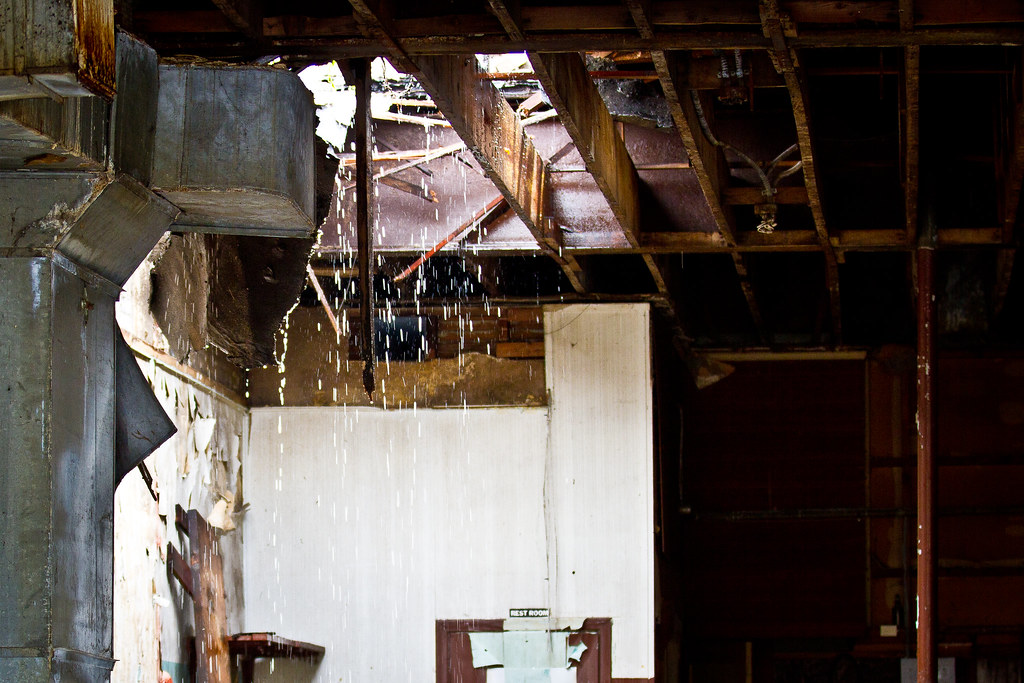
Filing a claim and getting it approved can be a frustrating experience if you don’t know the ins and outs of the process. In this post, we’ll help you understand the water damage insurance claims process and provide you with expert tips to make the process as smooth as possible.
From documenting the damage and filing the claim to working with contractors and negotiating with insurance adjusters, we’ll cover everything you need to know to get your water damage claim approved quickly and efficiently.
Basics of water damage insurance claims
When faced with water damage in your home or business, navigating the insurance claims process can feel overwhelming. Understanding the basics of water damage insurance claims is crucial to ensure a smooth and successful process.
- Review your insurance policy and familiarize yourself with the coverage and exclusions related to water damage. Different policies may have varying levels of coverage, so it’s important to know what you are entitled to before filing a claim.
- Document the damage thoroughly. Take photographs or videos of the affected areas, focusing on the extent of the damage and any valuable items that may have been impacted. This visual evidence will serve as crucial documentation for your claim.
- Contact your insurance company as soon as possible to report the water damage and initiate the claims process. Be prepared to provide detailed information about the incident, including the cause of the damage, the date it occurred, and any immediate actions you took to mitigate further harm.
During the claims process, maintain open lines of communication with your insurance adjuster. They will assess the damage and determine the appropriate compensation based on your policy coverage. Stay proactive by promptly providing any requested documentation or supporting evidence to ensure a timely resolution.
Not all water damage is covered by insurance.
Damage caused by negligence or lack of maintenance, for example, may not be eligible for compensation. Understanding the specific terms and conditions outlined in your policy will help manage expectations and avoid potential frustrations during the claims process.
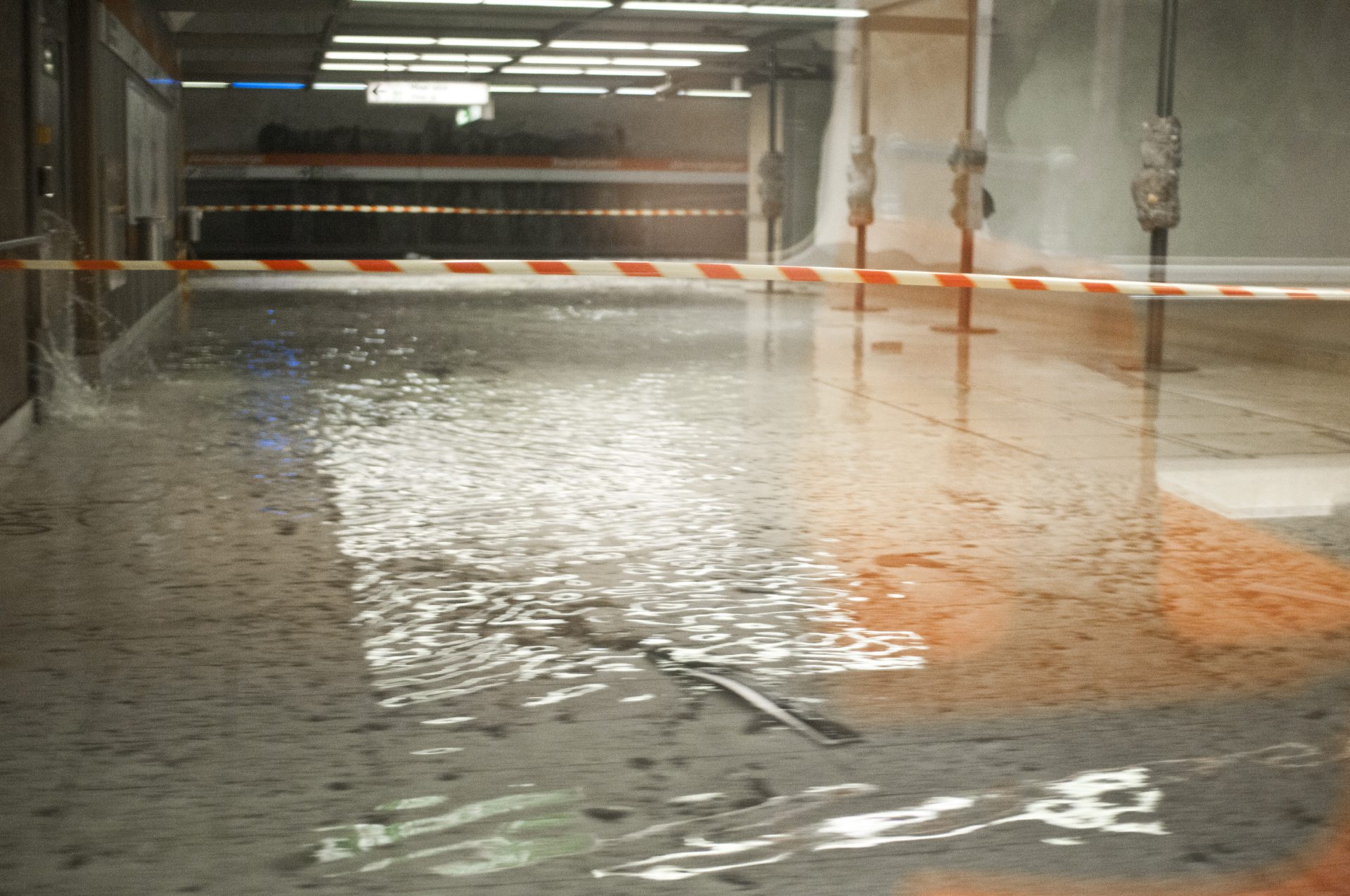
Consider seeking the professional assistance of YPA Public Adjusters to navigate the complexities of water damage insurance claims. Public adjusters or water damage restoration companies experienced in dealing with insurance companies can provide valuable guidance, negotiate on your behalf, and ensure you receive fair compensation for your losses.
By understanding the basics of water damage insurance claims and following these expert tips, you can navigate the process with confidence and increase the chances of a successful outcome. Remember, staying informed, documenting the damage, and maintaining open communication will help you get back on track as quickly as possible.
Documenting the water damage and gathering evidence
When it comes to water damage insurance claims, documentation, and gathering evidence are crucial steps in ensuring a smooth and successful process. As soon as you discover the water damage, it’s important to take immediate action by documenting the extent of the damage. This includes taking photographs and videos of the affected areas from multiple angles. Be thorough in capturing the damage to walls, floors, furniture, and any personal belongings that have been affected.
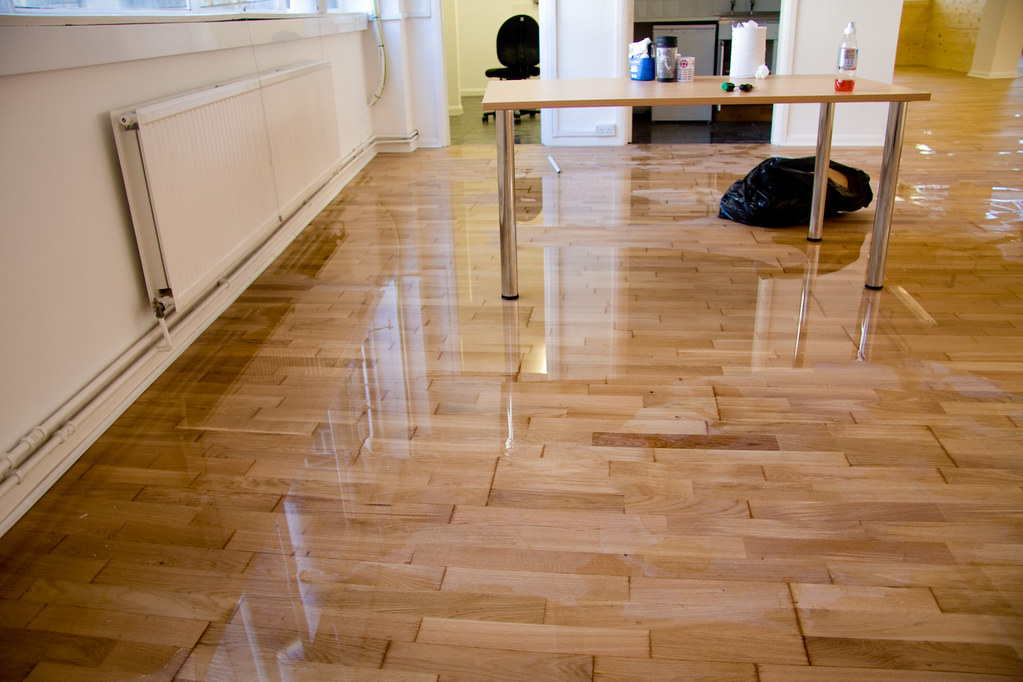
Keep a detailed record of any conversations or interactions related to the water damage. This includes communication with your insurance company, contractors, and any other parties involved. Keep track of dates, times, and the names of individuals you speak with, as well as a summary of the discussions and outcomes.
Gather any relevant documents that can support your claim. This may include maintenance records, receipts for repairs or replacements, and any other paperwork that demonstrates the value of the damaged items or the cost of necessary repairs.
By thoroughly documenting the water damage and gathering evidence, you are providing concrete proof of the extent of the damage and the losses incurred. This will strengthen your insurance claim and make it easier to negotiate a fair settlement with your insurance company. Remember, the more evidence you have, the stronger your case becomes.
Notifying your insurance company promptly
Notifying your insurance company promptly is crucial when it comes to navigating water damage insurance claims. Time is of the essence in these situations, as any delay can potentially worsen the damage and complicate the claims process.
As soon as you discover water damage in your property, it is essential to contact your insurance company immediately. Most insurance policies have specific timeframes within which you must report a claim. Failing to notify them within the designated timeframe may result in your claim being denied or delayed.
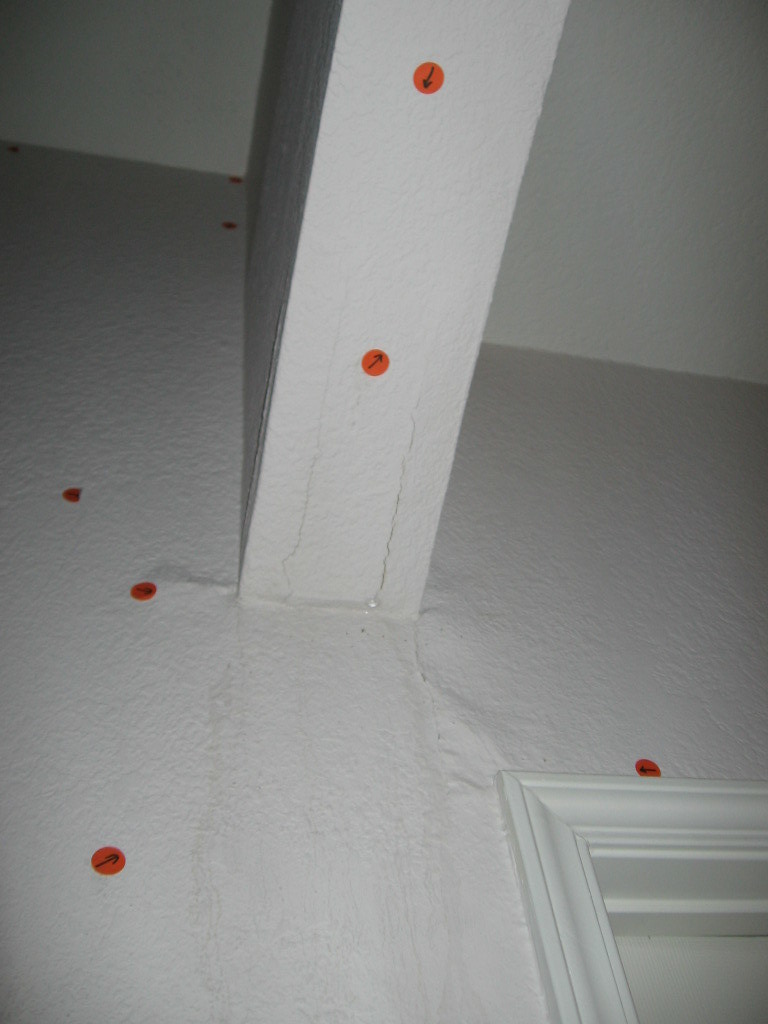
When contacting your insurance company, be prepared to provide detailed information about the water damage incident. This includes the date and time of the incident, the cause of the damage, and a description of the extent of the damage. It is also important to take photographs or videos of the affected areas as evidence to support your claim.
Make sure to document any temporary repairs or actions taken to mitigate further damage. This can include things like placing tarps over leaky roofs or using fans to dry out wet areas. By documenting these efforts, you demonstrate to your insurance company that you took immediate action to prevent further damage.
Hiring a Public Adjuster for Assistance
When it comes to navigating water damage insurance claims, hiring a public adjuster can be a game-changer. Dealing with insurance companies can often be a complex and overwhelming process, especially when it comes to filing a claim for water damage. That’s where a public adjuster comes in.
A public adjuster is a licensed professional who works on behalf of policyholders to help them navigate the claims process and maximize their insurance payout. These experts have in-depth knowledge of insurance policies, coverage terms, and the intricacies of water damage claims. They act as advocates for the policyholder, ensuring their rights are protected and that they receive a fair and equitable settlement.
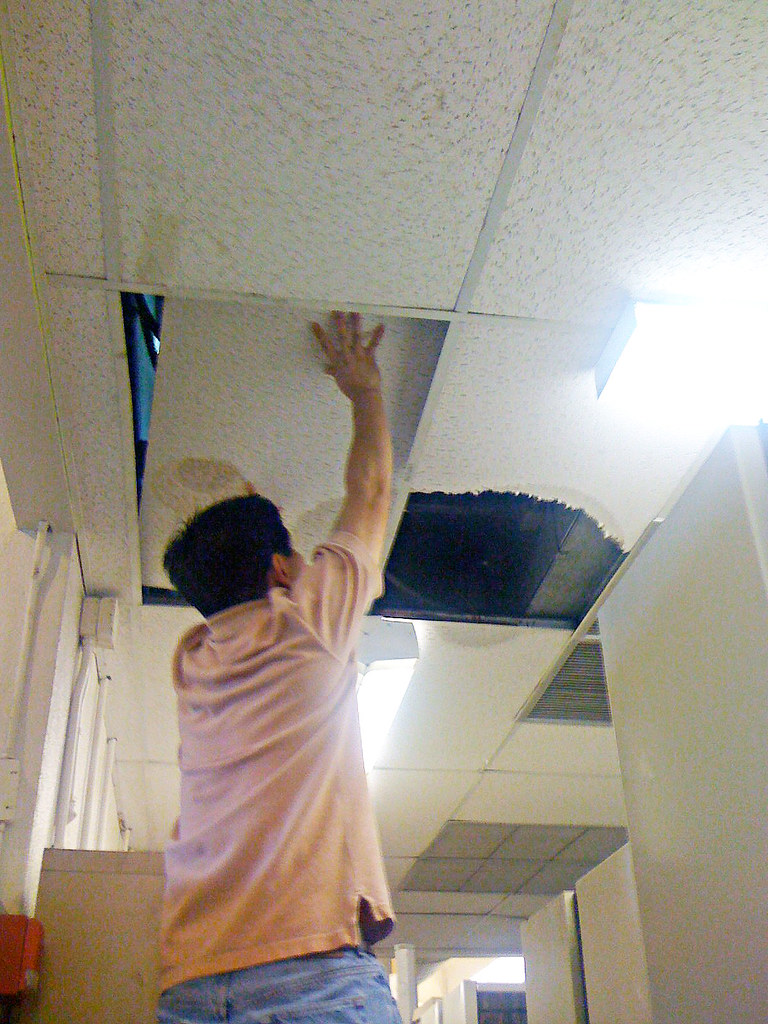
One of the key benefits of hiring a public adjuster is their ability to accurately assess and document the extent of the water damage. They have the expertise to thoroughly inspect the property, identify hidden damages, and properly estimate the cost of repairs. This is crucial in ensuring that the insurance company does not undervalue the claim or deny coverage for necessary repairs.
A public adjuster will handle all the paperwork and negotiations with the insurance company on your behalf. They are well-versed in the language and procedures of insurance claims, which can be daunting for someone unfamiliar with the process. Their experience and knowledge give them an edge in effectively communicating and advocating for your best interests.
While hiring a public adjuster comes with a fee, it is often a worthwhile investment. They have a track record of successfully navigating complex insurance claims, helping policyholders receive higher settlements than they would have on their own. They save you time and stress, allowing you to focus on restoring your property and getting your life back on track.
Knowing your policy coverage and exclusions
Understanding the details of your insurance policy is crucial when it comes to navigating water damage claims smoothly. It is essential to know what is covered and what is excluded in your policy to avoid any surprises or disappointments during the claims process.
Begin by carefully reviewing your insurance policy. Take note of the specific coverage for water damage, as it can vary depending on the type of policy you have. Some policies may cover sudden and accidental water damage, while others may have limited coverage for specific types of water damage, such as burst pipes or leaking roofs.
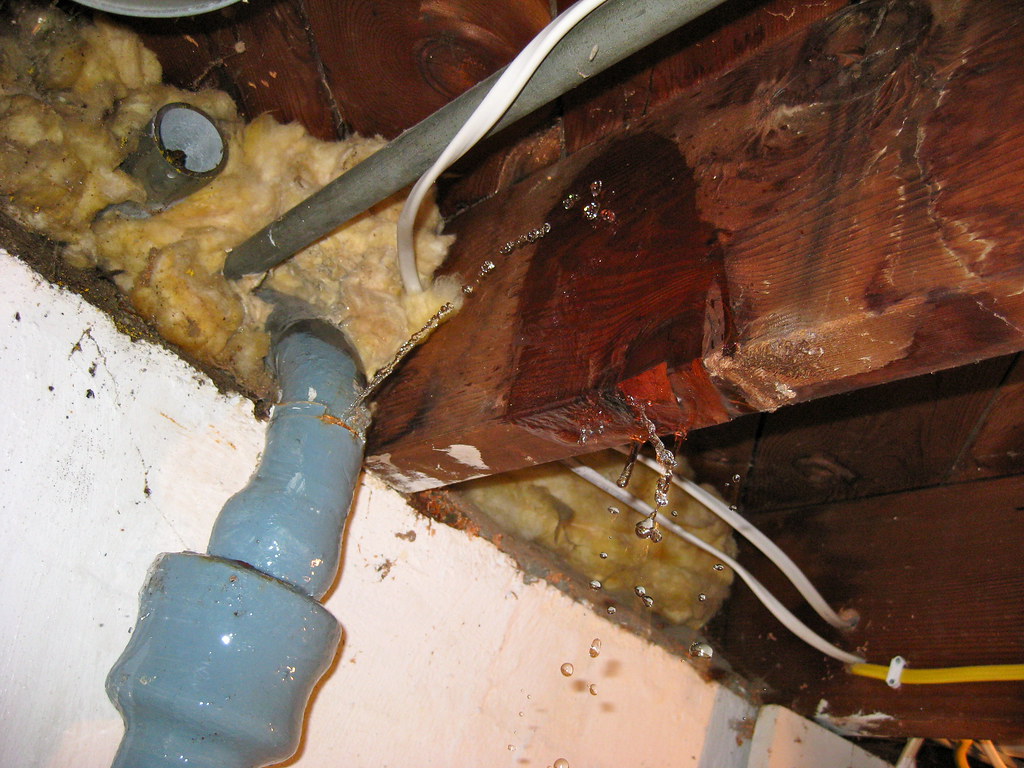
Pay attention to any exclusions listed in your policy. These are situations or circumstances that are not covered by your insurance. Common exclusions for water damage may include damage caused by flooding, sewer backups, or gradual leaks. It is important to be aware of these exclusions upfront to avoid any misunderstandings later on.
If you are unsure about the coverage or exclusions in your policy, reach out to your insurance provider for clarification. They can provide you with the necessary information and answer any questions you may have. Understanding the specifics of your policy will help you make informed decisions and ensure that you are adequately protected.
In some cases, you may need to consider purchasing additional coverage or riders to supplement your existing policy. For instance, if you live in an area prone to flooding, you may need to obtain separate flood insurance to protect your property from water damage caused by rising waters.
Keep Detailed records of all expenses
When dealing with water damage insurance claims, it is crucial to maintain detailed records of all communications and expenses. This step is often overlooked but can make a significant difference in ensuring a smooth and successful claims process.
Document all communication with your insurance company. This includes phone calls, emails, and any other form of correspondence. Keep a log of the date, time, and content of each conversation or interaction. This will serve as evidence and help you stay organized throughout the claims process.
In addition to communication records, keep track of any expenses related to the water damage. This can include invoices for repairs, receipts for temporary accommodations, or any other costs incurred as a result of the damage. By maintaining a thorough record of these expenses, you can accurately calculate the total amount you are claiming from your insurance company.
Insurance Company’s Investigation
The insurance company needs to assess the extent of the damage and determine the cause before they can proceed with the claim process.
During the investigation, the insurance company may send a representative to your property to inspect the damage. It is essential to be present during this inspection and provide any necessary documentation or evidence to support your claim. This can include photographs, videos, receipts, and any other relevant information that showcases the extent of the water damage and its impact on your property.
While it is necessary to cooperate with the insurance company, it is also essential to protect your own interests. Document all communication with the insurance company, including dates, times, and the names of individuals you speak with. This can be valuable if any disputes arise later in the claims process.
Resolving Disputes and Seeking Legal Advice
While it is always preferable to resolve disputes amicably, there may be instances where seeking legal advice becomes necessary during the water damage insurance claims process. Dealing with insurance companies can sometimes be a complex and frustrating experience, especially when it comes to reaching a fair settlement for your water damage claim.
If you find yourself facing resistance or denial from your insurance company, it may be time to consult with a professional who specializes in insurance claims. They can provide you with the necessary guidance and representation to protect your rights and ensure a fair resolution.
A skilled public adjuster experienced in insurance matters can review your policy, assess the strength of your claim, and determine the best course of action. They can help you understand the legal intricacies involved, negotiate with the insurance company on your behalf, and, if needed, represent you in court.
Keep in mind that seeking legal advice should be done promptly. Insurance claims have specific timelines and deadlines, and waiting too long to involve an attorney could potentially harm your case.
Remember, the goal is to reach a satisfactory resolution and get the compensation you are entitled to for the water damage you have experienced. By seeking legal advice when necessary, you can navigate any potential disputes with confidence, knowing that you have a knowledgeable advocate on your side.
Conclusion
We hope you found our post on navigating water damage insurance claims helpful and informative. Dealing with water damage can be a stressful and overwhelming experience, but with the expert tips provided in this article, you can navigate the insurance claims process with confidence and ease. Remember to document all damages thoroughly, communicate effectively with your insurance provider, and seek the professional assistance of YPA Public Adjusters when needed. By following these steps, you can ensure a smooth and successful insurance claim process, allowing you to restore your property and get back to normalcy as quickly as possible. Stay informed, stay prepared, and let’s hope you never have to deal with water damage again!
